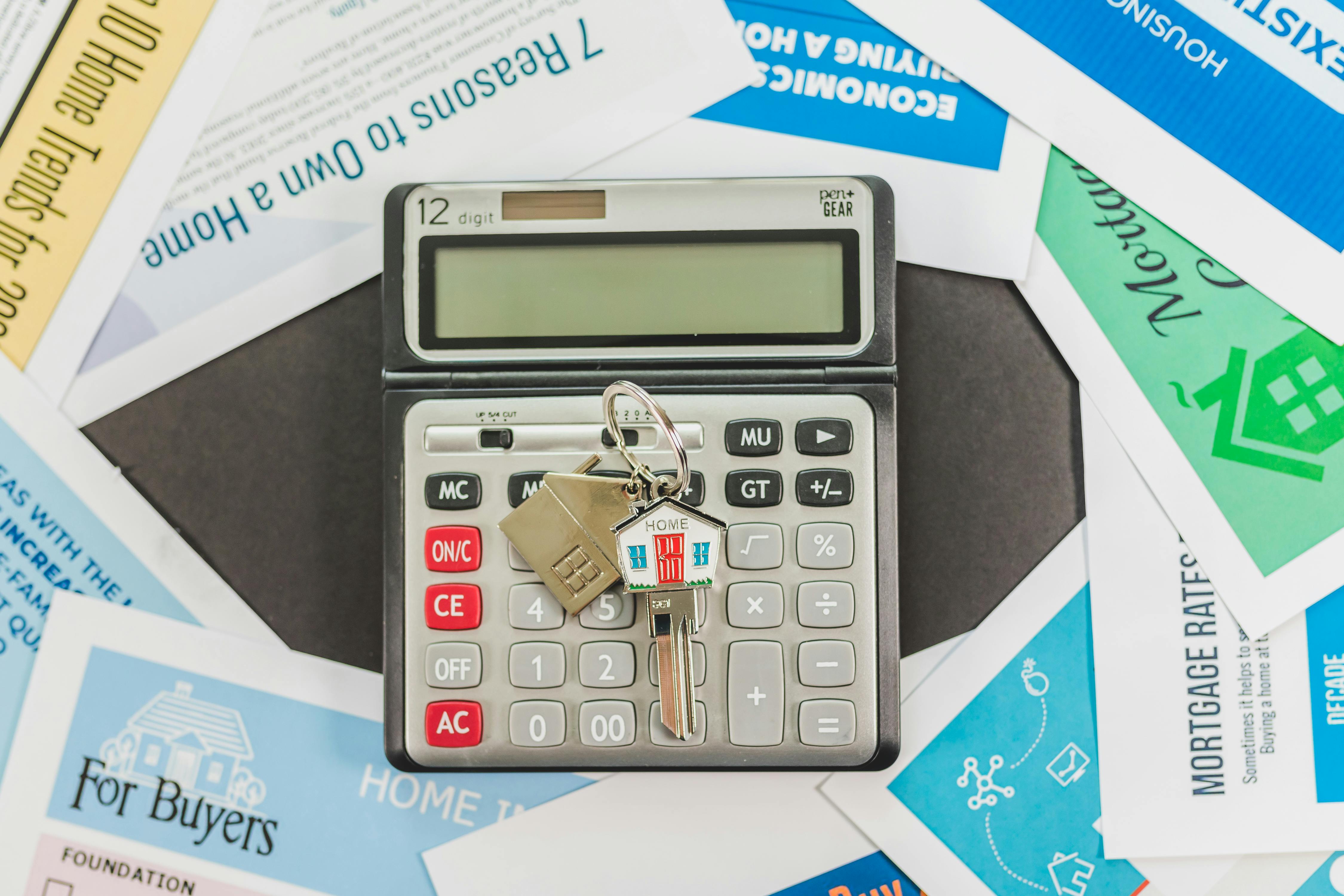
How Do I Know What to Pay for a Property?

One of the most common questions I get asked by my customers once they are pre-approved to purchase their new home is: “How do I know what to offer?” or “How do I know what a property is worth?”
These days, many properties are listed without a price and even when there is a price guide, it can feel like guesswork. Council valuations (CVs) can be way off - they’re often outdated and don’t reflect the unique features or condition of the home you’re looking at.
The key is education and the best advice I give my clients is - Get out there and start looking and learning!
Here’s what I mean:
- Visit lots of open homes, the more properties you see the better you’ll understand what your money can buy
- Watch what these properties sell for, follow up after auctions or sales to see the final price. Watch the auctions online or attend in person to see what happens and what the interest was like
- Track auction results, did the property sell under the hammer? How many people bid? What was the starting bid and where did it end?
- Pay attention to interest, how many people are at open homes? Was it buzzing or quiet?
- Ask yourself, What would I pay? Then compare your guess to the actual sale price
Think About the Seller Too
Another important piece of the puzzle is understanding why the seller is selling. Are they in a hurry? Do they already have another property lined up? Are they under pressure to sell quickly?
Knowing this can help you shape your offer. For example:
- Fewer conditions (like a shorter finance or building inspection timeframe) can make your offer more appealing
- A quick settlement might be attractive to a seller who needs to move fast
- Flexibility around possession dates can also work in your favour
Sometimes it’s not just about price - it’s about making your offer the easiest one to accept.
Ask Yourself: How Much Do I Want This House?
Is it in a great area? Is it perfect for your family? Is it something you’d be willing to stretch a little for?
Or is it one of those properties where you set a limit and if it goes over, you’re happy to walk away?
Being clear on your own boundaries is just as important as understanding the market
Bonus Tip: Start a Property Tracker
While you are doing all this research, it can be helpful to keep a simple spreadsheet. Track things like
- Address
- Number of bedrooms and bathrooms
- House size
- Section size
- Government Valuation (this can start building a picture of how accurate/inaccurate these are)
- When was it listed/How long has it been on the market
- How is it being sold (auction, negotiation, set date of sale)
- Your estimated value
- Final sale price
Over time, this becomes your own personal market guide. You’ll start to see patterns and get a much clearer sense of what’s good value - and what’s not.
Final Thought
Don’t be afraid to ask questions. Your Mortgage Adviser (that’s me!) is here to help. The more informed you are, the better decisions you’ll make - and that’s what leads to a successful and educated purchase.
Are you ready to unlock your financial future?

